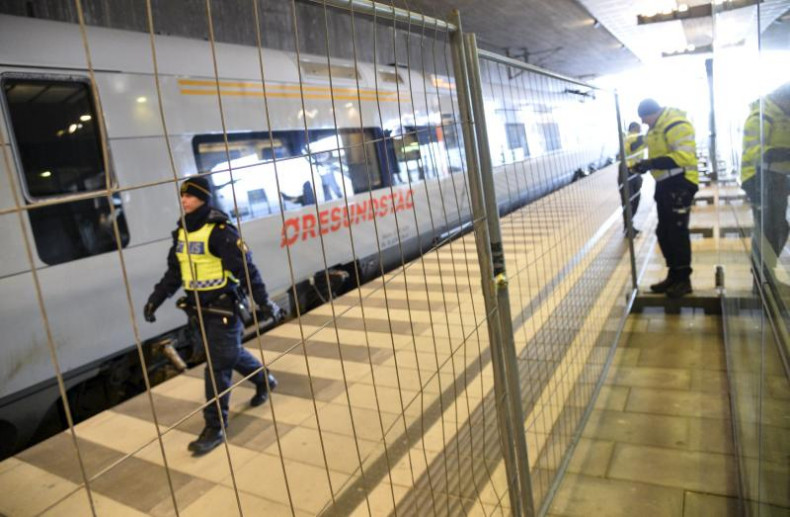Sweden, traditionally recognized for its welcoming approach towards migrants, has announced plans to significantly increase its cash incentive for those willing to return to their home countries. The right-wing government revealed it will raise the current benefit from 10,000 krona (approximately $978) per adult to 350,000 krona (over $34,000)—a staggering 35-fold increase. As part of this initiative, the government aims to streamline the application process and enhance awareness of the incentive.
This policy update will take effect in 2026 and will remove the previous family cap of 40,000 krona, allowing individuals greater financial support. However, this decision contradicts the guidance of a government-appointed inquiry, which cautioned that promoting repatriation could negatively impact migrants’ integration into Swedish society. The inquiry suggested that the potential benefits of such a policy do not outweigh the associated risks.
This move is part of a broader shift in Sweden’s approach to immigration, moving towards a more stringent stance in response to the rise of right-wing populism across Europe. The coalition government, supported by the far-right Sweden Democrats—who have their roots in a neo-Nazi movement from the 1980s—made migration policy reform a critical aspect of their negotiations to form a government after the 2022 election.
Ludvig Aspling, an MP from the Sweden Democrats, described the increased grant as an aid package aimed at reducing the bureaucratic complexities of the previous program, which saw only around 70 applicants last year, with just one receiving the grant. Meanwhile, 16,000 immigrants from various regions voluntarily left Sweden that same year.
Aspling commented, “It indicates how little awareness there is about this program,” suggesting that the improved financial incentive is quite generous in assisting individuals in improving their lives.
In 2023, Sweden had over 250,000 refugees, and the recent adjustments to the migration policy marked a turn towards more restrictive residence permit applications, with an emphasis on increasing repatriation efforts. The inquiry drew comparisons to Denmark, which offers a grant of half the amount Sweden proposed and has seen some success in motivating returns.
While the idea of saving money after 15 years is appealing, the inquiry also highlighted potential societal implications, asserting that the policy signals to immigrants they are unwelcome in Sweden, as the country is willing to pay substantial amounts to encourage their departure.
Martin Nyman, a legal advisor at the human rights organization Civil Rights Defenders, underscored that the current government’s stance creates uncertainty for migrants, complicating their ability to secure formal employment and making them more susceptible to crime. “The message from this government is clear: people should not come to Sweden,” he stated.
Experts remain skeptical that such a significant increase in financial support will lead to a significant rise in the number of migrants opting to leave. Annika Sandlund of the United Nations refugee agency noted, “Whether offered 10,000 or 350,000 Swedish crowns, the reality of life in their home countries won’t change.”
Sandlund argued that funds allocated for repatriation might be better invested in integration programs—such as language courses and job assistance—that could help newcomers establish a life in Sweden.
This announcement closely followed a cabinet reshuffle that appointed a new migration minister, Johan Forssell, from the Moderate Party, who has previously focused on reducing Sweden’s foreign aid budget. Neither Forssell’s office nor the Swedish government has commented on the new policy.





